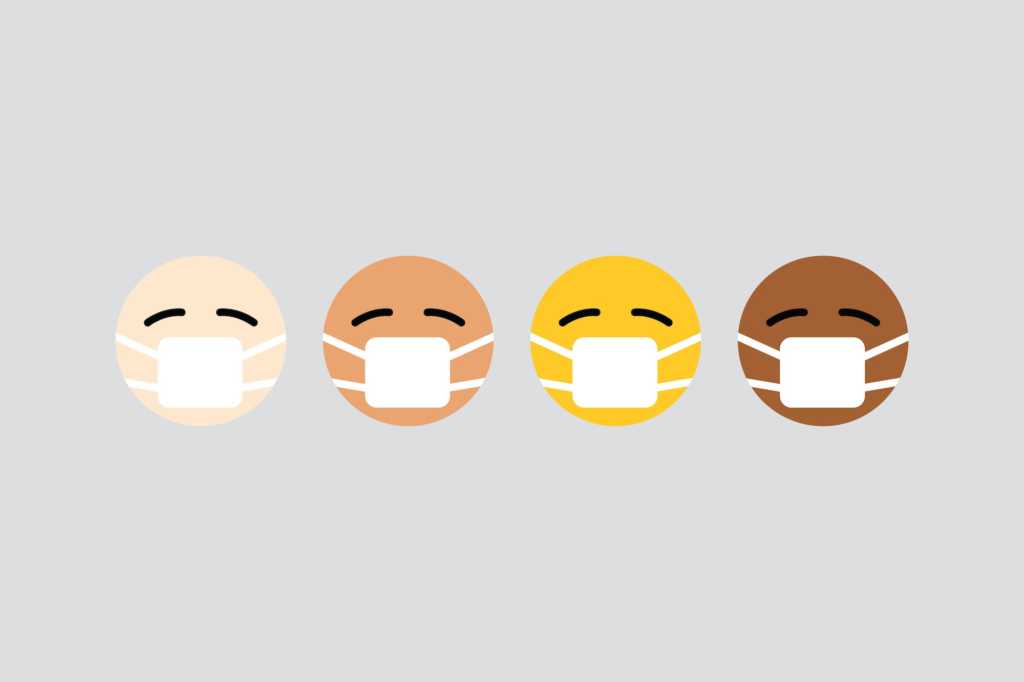I’m supposed to be on a work trip right now. In fact, I was supposed to board an airplane at 7:30 this morning. But I didn’t.
After I cancelled my trip, I started scouring the internet for travel advice (hoping to reinforce my decision) and soon received a flurry of push notifications on my iPhone, culminating with an address from President Donald Trump, who placed a restriction on travel from Europe for the next 30 days.
All of it is because of the novel coronavirus, or COVID-19.
Until last night, I had done well to insulate myself from fear and anxiety. I had kept concern at bay and kept at arm’s length any “pandemic”-induced worries. But then, faced with the need to make an immediate decision about my own travel plans, I let my mind wander into the abyss of uncertainty.
The internet is a textbook catch-22 situation, particularly in a moment of collective cultural anxiety. It’s a great place to gather useful information; it’s also a great way — the best way — to feed our naturally insatiable inclination to worry.
I’ve read of some Americans spending up to $20,000 for flights from Paris to the U.S., in hopes of getting home before the travel restriction is implemented at midnight Friday. I’ve seen countless colleges close their doors amid fears of community spread. I’ve heard the NBA is cancelling its season and the NCAA is banning fans from attending March Madness games. I’ve read the federal government is closing the U.S. Capitol to the public until next month.
Panic is a natural response in this climate. But how do we safeguard against it?
It’s OK to be concerned, particularly if you’re in a high-risk category or love someone who is, like those in the elderly community or people who are immunocompromised in some way. But we don’t need to panic.
As believers, we are called to be prudent and hopeful.
We should follow all the advice from health and medical experts, taking into consideration the routine precautions we follow during any flu season. That means frequently washing our hands, reducing physical interaction with other people (like shaking hands, hugging, kissing, etc.), staying home from work, school, or church activities if we feel sick, and limiting any unnecessary travel, especially to communities with high rates of infection.
But we don’t need to be gripped with fear. I don’t need to be gripped with fear.
In 2 Timothy 1:7, the apostle Paul wrote, “For God has not given us a spirit of fear and timidity, but of power, love, and self-discipline.” That is the measured response Christians should take: we should be wise, following the advice of those who are smarter than us, and we should find solace in the fact that nothing, including the spread of COVID-19, happens outside God’s purview.
God is sovereign and in control of every situation. He isn’t vexed by a virus that first appeared in December. He’s not shaken by a so-far-uncontained outbreak turning into a pandemic. God is not unmoored by our fear and anxiety. For us, He is a “strong tower” and a “fortress” (Proverbs 18:10, Psalm 62:2).
Because of this, David wrote in Psalm 62, we, too should “never be shaken.”
God has given us free will and intelligence. He’s given certain people a passion for medicine and science, raising leaders up to meet needs like this. He’s given all of us the ability to reason and the freedom to have faith in his sovereignty in times of great uncertainty.
Paul wrote in Philippians 4:6, “Don’t worry about anything; instead, pray about everything. Tell God what you need, and thank him for all he has done.”
Be wise, listen attentively and follow instructions, and trust God. We will get through this, because regardless of the situation you’re faced with, the Lord promises to carry each of us who turns to Him.



